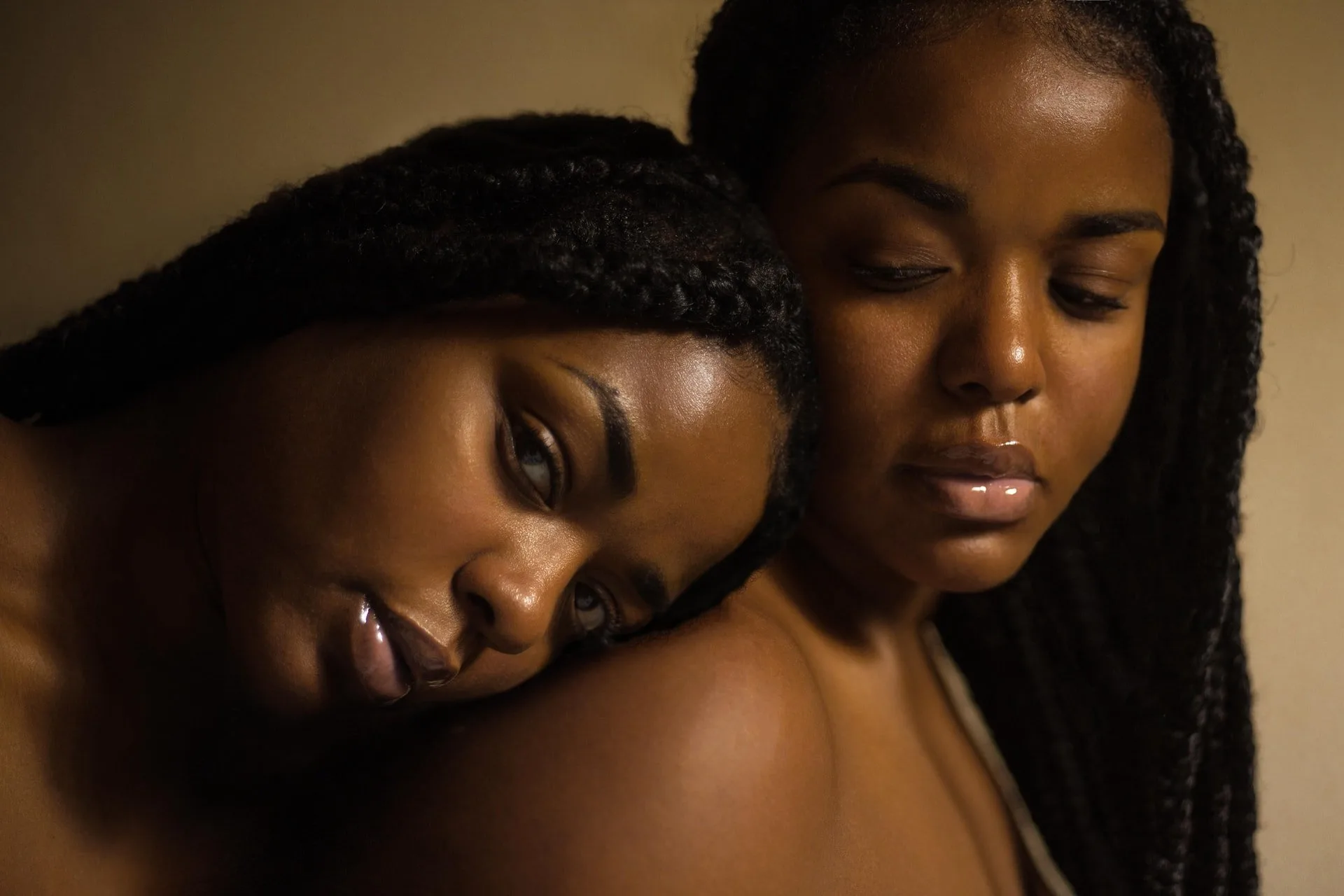What is the difference between black skin and white skin? Skin is skin, right? Well, skin is the largest organ of our body. However, different amounts of melanin mean different care routines because of different needs.
You know that a skincare routine should be tailored to your skin type. This is regardless of whether you have skin that is oily, combination, or dry. But did you know you should also take your skin tone into consideration? Skincare for black women requires knowing the right guidelines to follow and the right products to use. After all, this is the key to that healthy glow.
Black don’t crack
We’ve all heard the saying “black don’t crack”. Believe it or not, there’s some truth to this.
First, melanin, in particular eumelanin, is a pigment produced by your skin that works like sunscreen, protecting the skin from the damaging effects of UV rays. The more melanin, or the darker your skin tone, the more protection you have against UVB rays. This means that you take longer to burn. That’s what makes black skin age so well.
No to UVA
However, black skin doesn’t enjoy the same protection from UVA rays, which have a longer wavelength and therefore penetrate deeper into the layers of the skin, causing aging due to the formation of free radicals.
Second, the type of collagen black skin produces is less prone to sun damage. This results in fewer wrinkles and prevents premature aging. Although black skin may deal with the sun better, it’s prone to discoloration, dark spots, and pigmentation, as well as keloid scarring.
How to care for black skin
1.Cleanse and moisture daily
Some research suggests that black skin loses moisture more quickly than lighter skin tones. To avoid this, and to prevent the skin from looking ashy, apply a daily moisturizer that contains humectants. Glycerin and hyaluronic acid are examples of humectants.
2.Use sunscreen

Yes, black skin is naturally more resistant to sunlight. However, it still needs to be protected with sunscreen at all times, even on cloudy days or in artificial-light environments.
Using a good sunscreen with a minimum of SPF 30, and reapplying it every three hours, is an excellent daily practice.
3.Prevent hyperpigmentation
Melanin-producing cells may be more susceptible to the effects of inflammation and injury. This may be more noticeable in dark skin than in light skin.
Melasma, the most common type of hyperpigmentation, is believed to be caused by hormonal changes and may develop during or post-pregnancy. Areas of hyperpigmentation are most commonly found on the cheeks and under the eyes.
Sunspots, also called liver spots or solar lentigines, are common (they’re related to excess sun exposure over time), while post-inflammatory hyperpigmentation is a result of injury or inflammation to the skin. A common cause is acne (that’s why “pimple-popping” is NOT advised).

Treatment of hyperpigmentation
Topical prescription medication can treat some cases of hyperpigmentation. This medication usually includes hydroquinone, retinoids, kojic acid, and vitamin C. Be sure to discuss all treatments with your doctor to prevent adverse effects.
Black is beautiful. With the knowledge of what to do and which products are best suited to you and your skin, flawless skin is not only for the rich, but an attainable reality for all. As always, prevention is key to promoting and maintaining healthy and radiant skin.
Who is the author?

Dr. Nandipha Ndlovhu
33-year-old Medical Doctor specializing in Aesthetic Medicine, a single mother of two kings, avid board member, philanthropist and CEO, and Founder of the Health and Skin Oasis Aesthetic Medical Practice.
Dr. Ndhlovu’s Academic qualifications include a Bachelor of Science degree from UP (University of Pretoria), Bachelor of Medicine and Surgery Degree from WITS(University of the Witwatersrand), and is currently completing courses with the AAAM (American Academy of Aesthetic Medicine).
Post her Medicine qualification Dr. Ndhlovu completed her internship at Charlotte Maxeke Academic Hospital, where she made history by becoming the 1st First-year intern to earn 1st place in the National Service Excellence Awards.
The Health and Skin Oasis Medical Practice is located at the Illustrious The Houghton Hotel Medical Suites where Dr. Ndhlovu is fondly recognized as the resident Medical Practitioner. Her medical passion has led her to be a professional contributor to multiple radio and TV shows alike. Her philanthropic core bore the Non-Profit Company, Siyakha Ubuhlobo Projects, which focuses on uplifting, guidance, and mentoring of the boy child.
These small feats earned Dr. Ndhlovu recognition in February 2019 from PAWH (Pan African Women in Health) as an Exemplary Woman in Health.



![women [longevity live]](https://longevitylive.com/wp-content/uploads/2020/01/photo-of-women-walking-down-the-street-1116984-100x100.jpg)










